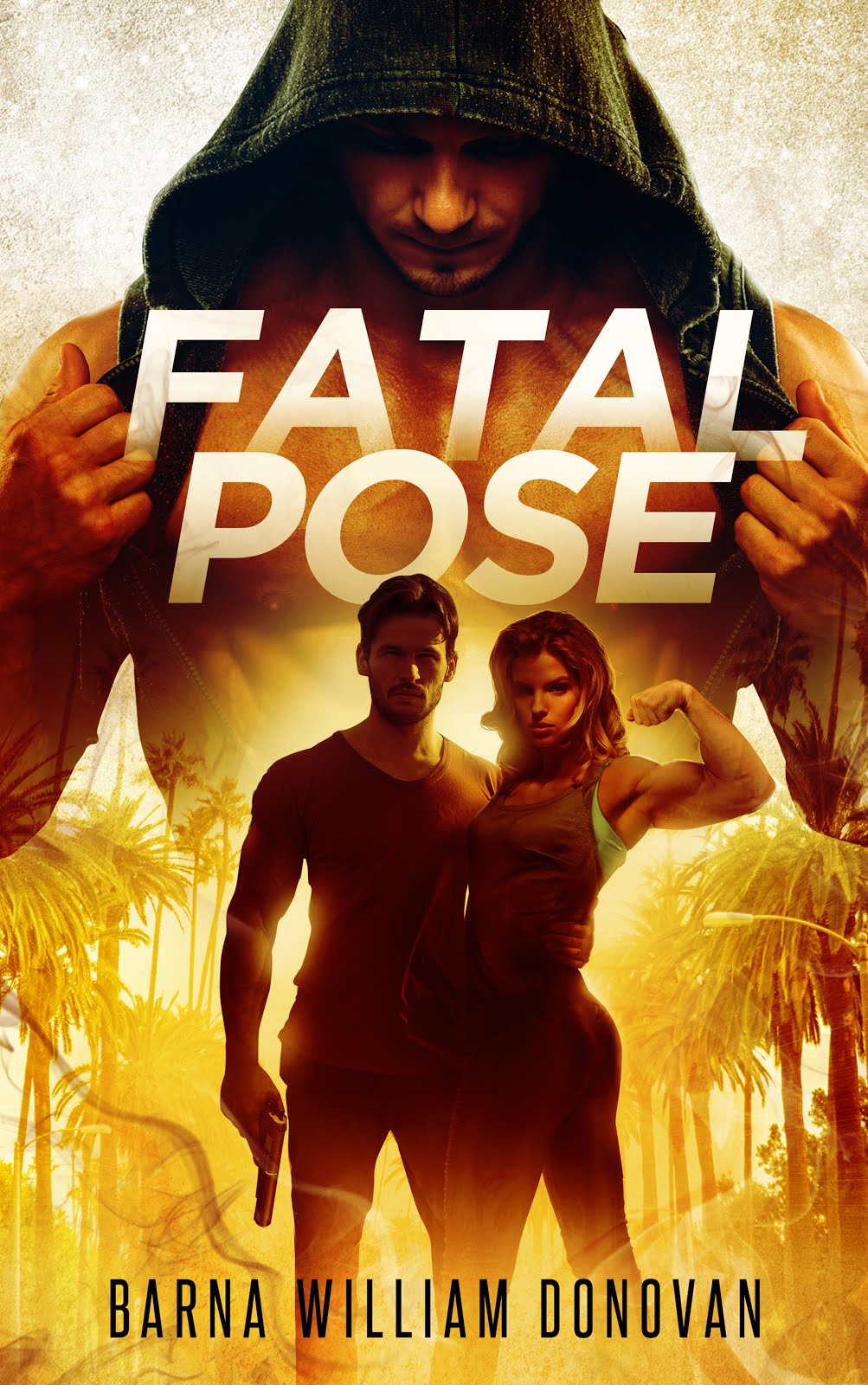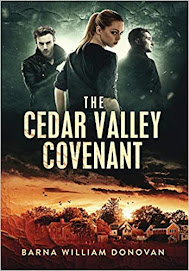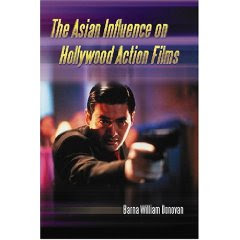A new film based on the venerable Dungeons and Dragons role-playing game opened this weekend and I am quoted in this special edition magazine exploring all aspects of the game, its history, development, fan community, and fans who had played the games since childhood who are now major A-list stars.
If you see the magazine above on rack in a store, be sure and pick up a copy—or 5—for all of your friends and family members.
But most of my quotes appear in story about one of the strangest controversies that engulfed the game starting in the late 1970s. Following the suicide of James Dallas Egbert, a mentally ill college student in 1979 who also happened to be an avid D&D player, unwarranted speculation followed that perhaps the immersive fantasy world of D&D had the power to push young people to self-destruction and violence. But Egbert’s death also coincided with the “Satanic Panic” of that decade, a bizarre moral panic about a vast, international conspiracy of Satanists running daycare centers across America, sexually assaulting and murdering children in occult rituals, and seducing other youngsters to Devil-worship through heavy metal music, violent films, and, of course, a fantasy-oriented game like Dungeons and Dragons.
Check out a more detailed read of the history of the Satanic panic right here. I also wrote about the phenomenon in my book, CONSPIRACY FILMS: A TOUR OF DARK PLACES IN THE AMERICAN CONSCIOUS.
What is more bizarre than the claims of this layered, convoluted myth is how long the moral panic it created lasted. It took another decade until level-headed, intelligent people finally made peace with the fact there was no vast underground of Satanists, despite the fact that there was barely a scintilla of evidence for any of these allegations from the moment the very panic began. The reason for this, however, is the conspiratorial mindset it was all founded on. Conspiracism is founded on the very logical fallacy that no evidence for the existence of a massive conspiracy theory is evidence in itself. There is no evidence of a massive conspiracy of the Dallas Police Department, the FBI, CIA, oil barons, bankers, the Army, the Navy, the Air Force, the Marines, or weapons manufacturers having killed Joh F. Kennedy, this line of thinking argues, because the evil cabal behind the conspiracy made all the evidence disappear. There isn’t a shred of credible evidence for the Moon-landing-hoax conspiracy theory or the 9/11 conspiracy theories because the hidden forces of evil made that evidence disappear. The result of all of this, however, is that the conspiracists will wind up living in a fantasy land, in a delusion created by their own minds.
At least people playing Dungeons and Dragons know that it’s all a game, it’s all make-believe. It was only their critics, the conspiracy theorists, and the moral crusaders who wound up not being able to tell fact from fiction.















